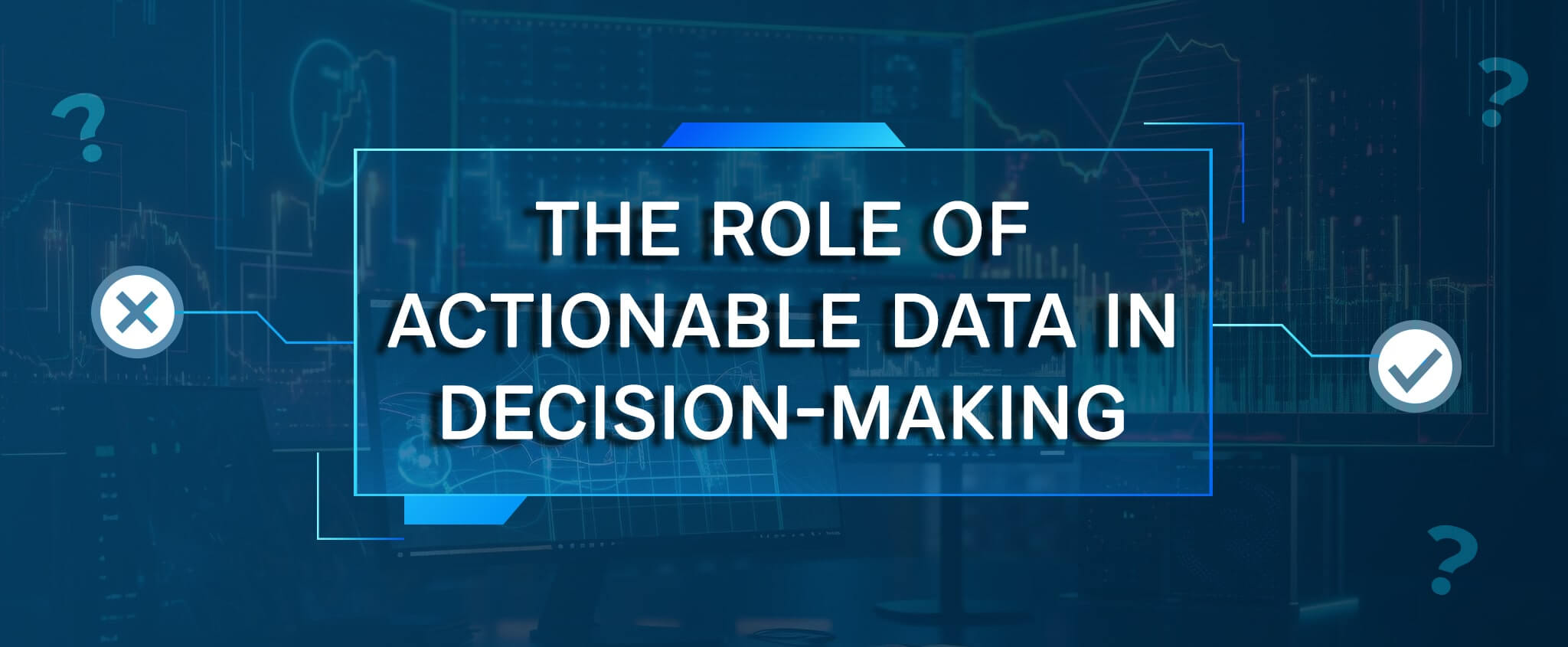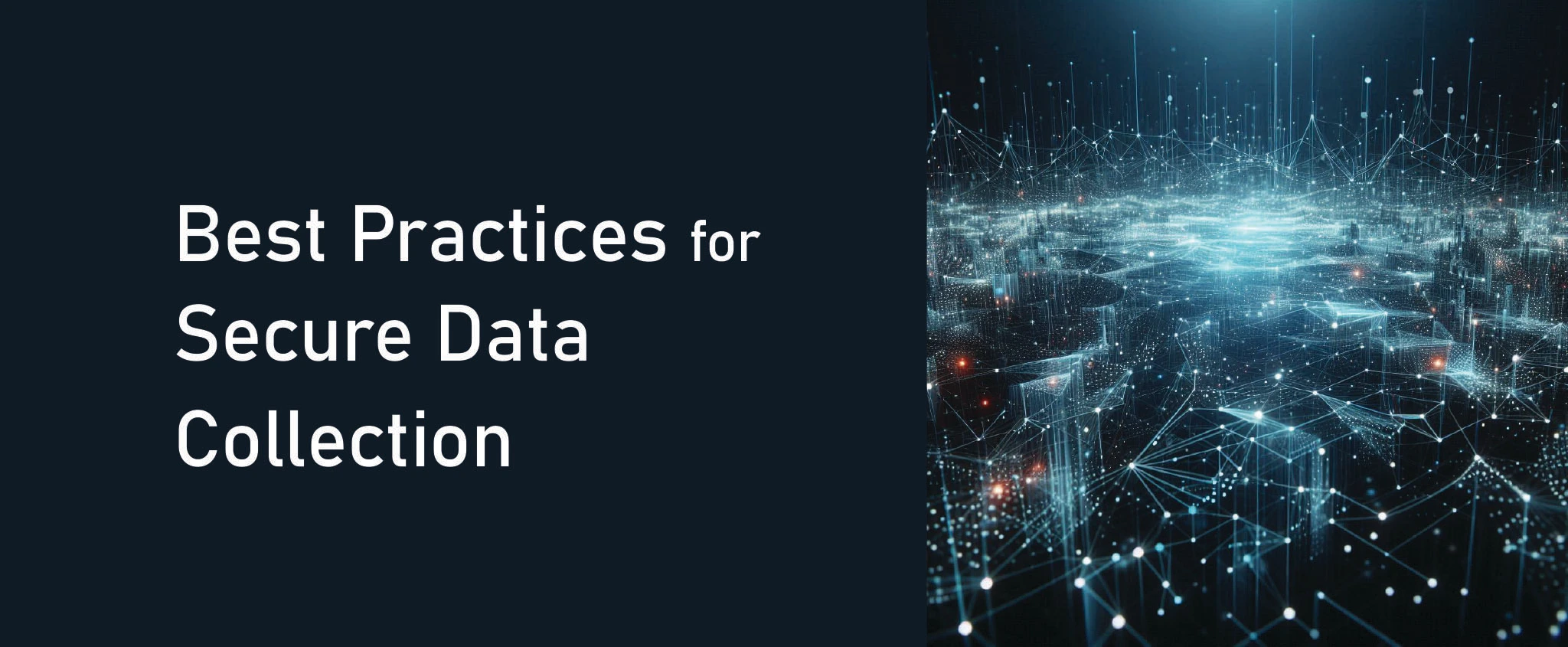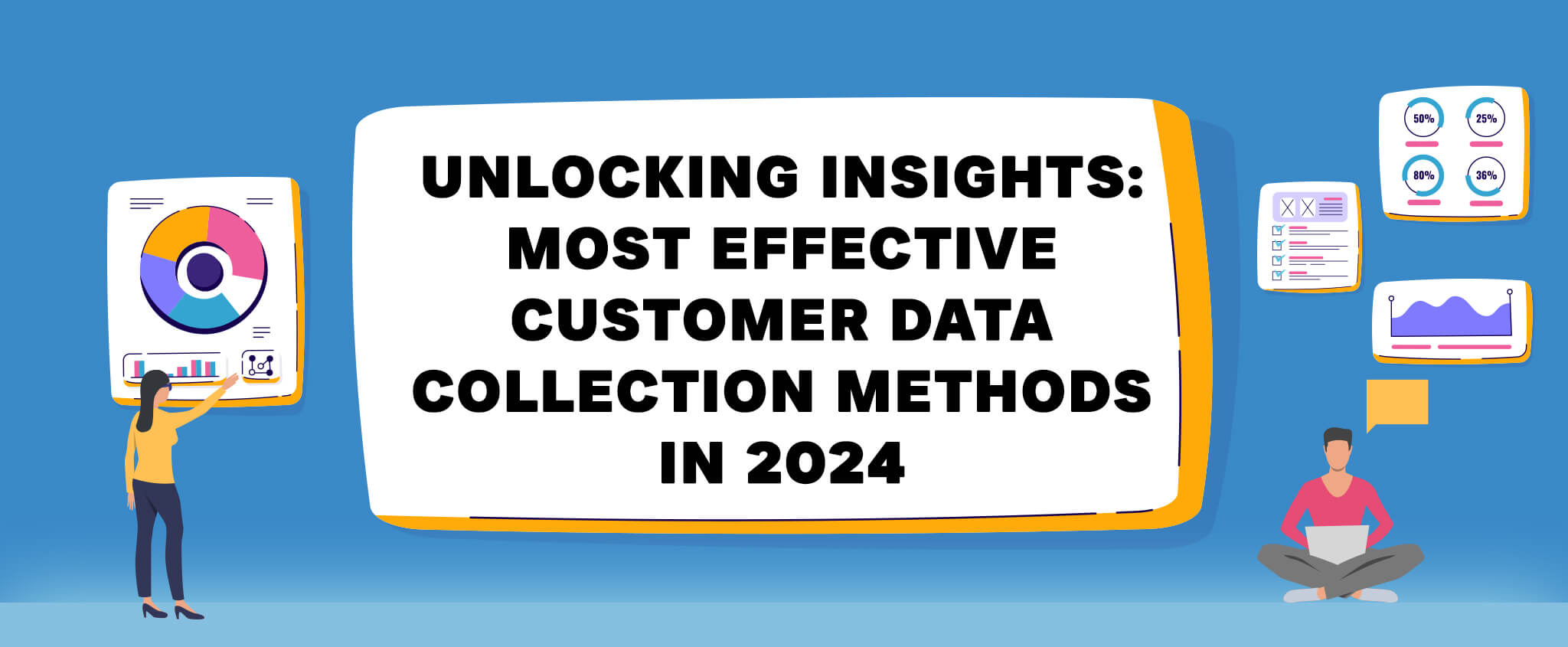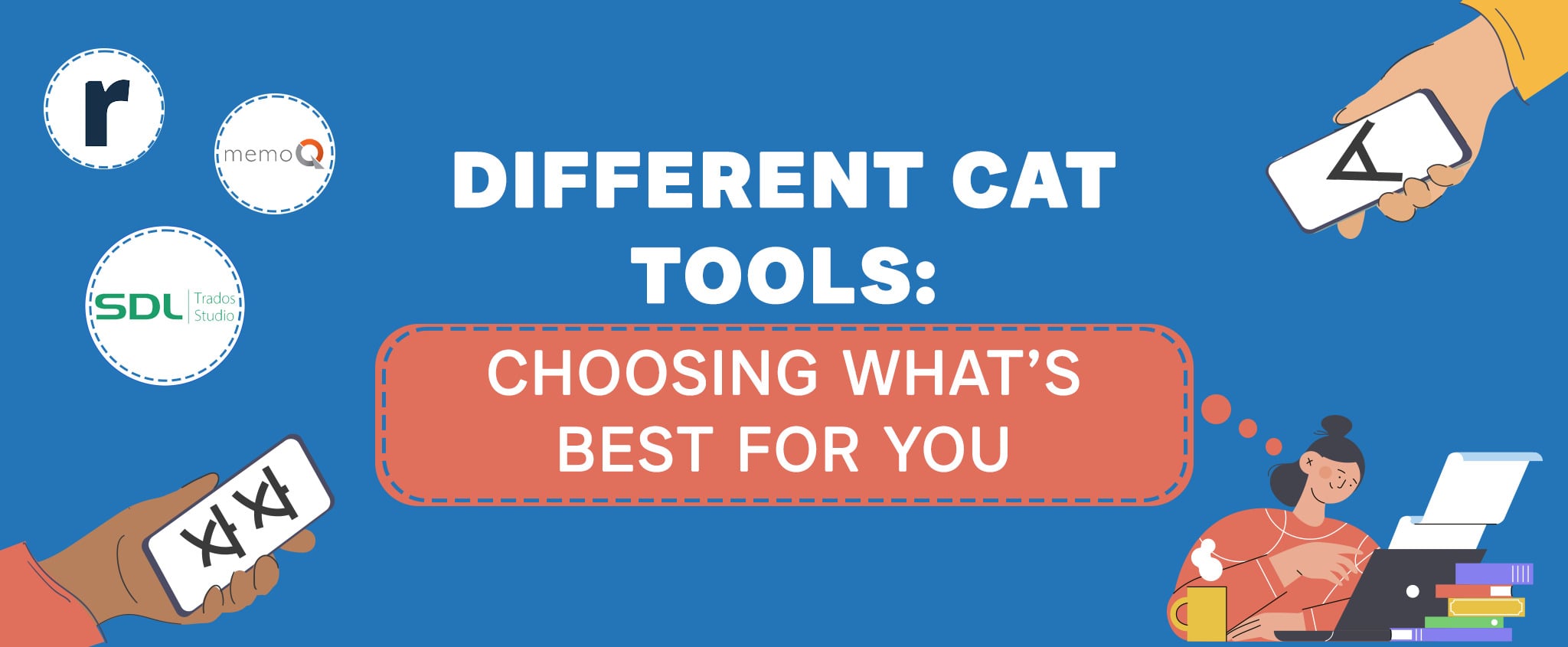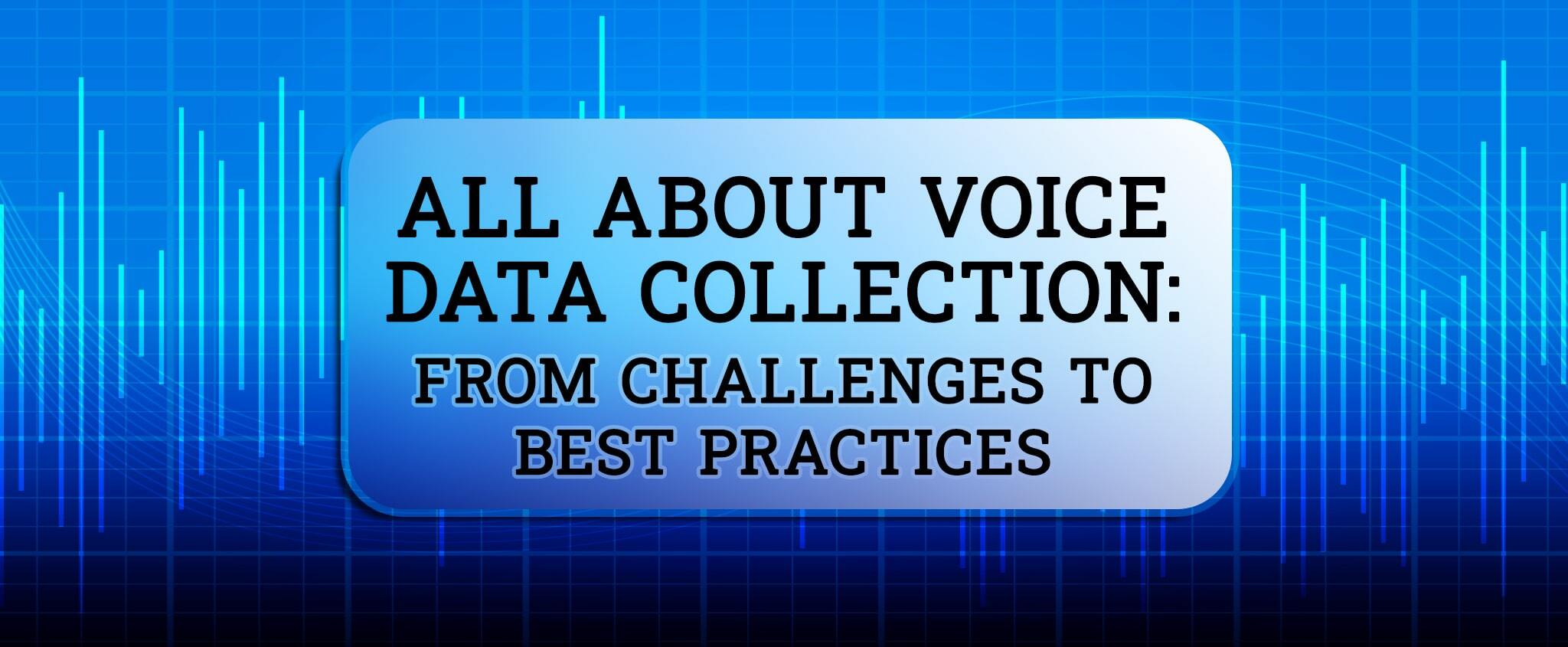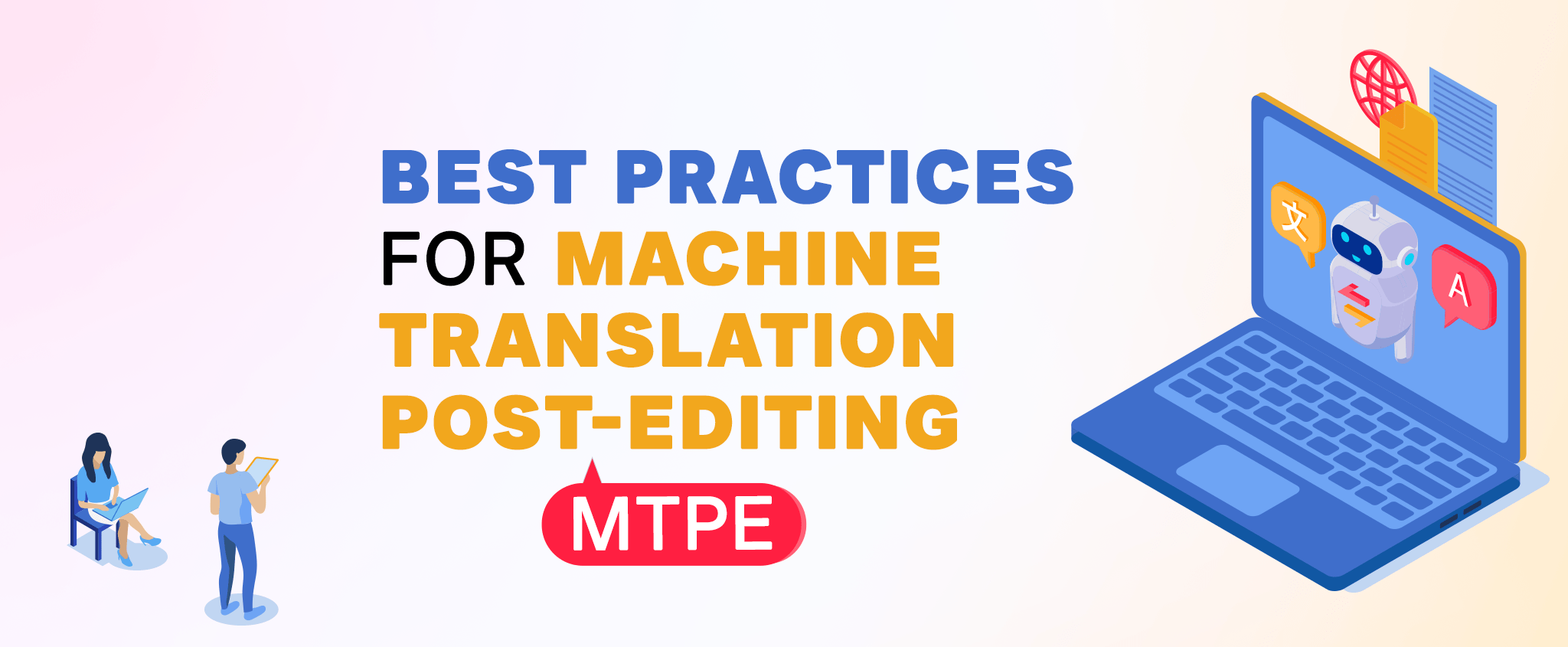The Role of Actionable Data in Decision-Making
Actionable data proves to be a potent tool across a wide range of sectors. In the fast-paced world of business, it assists leaders in making informed decisions. For healthcare professionals, such data can enable personalized care and proactive responses. Even in education, it can spotlight learning gaps and guide curriculum development!
The challenge lies in making data actionable and turning it into insights you can use to drive change and achieve desired outcomes. At CCC International, we are dedicated to helping you harness the full potential of data, turning raw numbers into a goldmine of insights for your organization’s growth.
Key Takeaways:
- Actionable data is information directly applicable to your decision-making processes, helping you to take concrete actions that drive positive outcomes.
- Unlike raw data, actionable data has been analyzed and processed to provide valuable insights that are relevant and useful for your organization.
- Accuracy, accessibility, ubiquity or liquidity, quality, and organization make data actionable.
- Companies must contextualize, align data with goals, and publicize them to make data actionable.
Table of Contents:
- What Is Actionable Data?
- How Can I Make My Data More Actionable?
- Turning Data Into Actionable Insights
- CCCI – Your Partner In Evolving Data Requirements
What Is Actionable Data?
Actionable data refers to collected data that you can directly apply to strategic decision-making and operational processes. Whether it is voice data, text data, or multimedia content, it is raw data that you have processed, analyzed, and interpreted in a way that provides concrete steps or insights for the organization. This data is valuable because of the following reasons and more:
- Enhances Decision-Making: This specific, analyzed data supports informed choices, reduces risks, and increases confidence in strategic decision-making.
- Streamlines Operations: By interpreting this data, organizations can identify inefficiencies and modify processes accordingly.
- Personalizes Customer Experience: Data can reveal patterns in customer behavior, allowing companies to tailor offerings and interactions, drive customer loyalty, and boost revenue.
- Facilitates Proactive Responses: The ability to anticipate and adapt to future scenarios provides a competitive edge.
- Fuels Innovation: By fostering a data-driven culture, organizations can continuously innovate, preserve relevance, and ensure long-term growth.
What Makes Data Actionable?
Moving on from “What is actionable data?” let’s understand what makes data actionable so you can make yours more actionable. For data to be actionable, companies should consider the following factors:
- Accuracy: The concept of accuracy in data implies that the data elements are not only correct but also legible, valid, and equivalent.
- Accessibility: This category means data should revolve around the various modes of data, the types of devices utilized, and the level of user proficiency.
- Ubiquity or Liquidity: This condition pertains to interoperability, persistency, and availability virtually.
Note: An authority in the field, Brian Ahier, describes ‘liquid data’ as data formatted for machine readability, readily accessible through application programming interfaces (APIs), conveniently downloadable, and compatible with third-party applications.
- Quality: This concept concerns the data’s completeness, duplication, organization, security, and consistent definitions.
- Organization: Data is actionable if it involves context, logic, dynamic parsing, semantic consistency, and updated taxonomies.
Turning Data Into Actionable Insights

Making data actionable means journeying from raw data to actionable insights, which are the conclusions you draw from data that you can directly turn into an action. As said by TechTarget, businesses must establish a robust infrastructure that facilitates both gathering and managing data, whether speech, image, video, or text, to produce these insights. Here are three key steps to take:
Contextualize
Benchmarking is a potent tool for measuring essential metrics like KPIs. It serves as a reference point, allowing teams to compare current trends with past ones and better understand performance trajectories. Moreover, you can use different data types to draw comparative analyses that spotlight disparities and correlations. However, it’s also vital to remain cognizant of external factors that may influence the data’s reliability.
Align
The second step is to align your data with your business goals. Understanding what you aim to discover from your data and identifying the most appropriate data sources to gain these insights is pivotal. The ability to articulate the right questions and measure the relevant data to provide valid responses is a valuable skill for individuals utilizing Business Intelligence tools.
Pro Tip: Leverage professional data analysts’ services to ensure that your business is making the most of its analytics. When you accurately understand your data, you can build better strategies to propel your business forward.
Publicize
Lastly, companies should promote and champion their available systems, tools, and reports to extract more insights. You can achieve this by conducting comprehensive training sessions across the organization or by tailoring these educational initiatives to specific departmental or individual needs. This proactive approach elevates awareness and cultivates a data-driven culture conducive to informed decision-making.
After these three steps, your business will have a robust data framework in place that allows for efficient and practical analysis. With the right tools and processes, you can harness the power of data, continuously improve its quality, and obtain insights that drive growth and success.
CCCI – Your Partner In Evolving Data Requirements
All these can be overwhelming, especially when you are still figuring out the best way to collect, manage, and utilize data. Generally, data can be messy and confusing, making it seem impossible to extract any valuable insights. Fortunately, CCCI is here to support businesses in navigating this evolving landscape.
CCCI’s services range from data collection and cleaning to analysis and visualization, making us a reliable partner for your data requirements. Our machine translation services can also help you break language barriers and access data from different sources worldwide. And when you invest in our transcription services, you ensure accurate and organized data for further analysis.
Your data is unique, and we understand that a one-size-fits-all approach won’t work. That’s why we take the time to understand your business goals, challenges, and data objectives to provide the best support. With CCCI as your partner, you decipher what your data tries to tell you and make data-driven decisions confidently. Contact us today!

